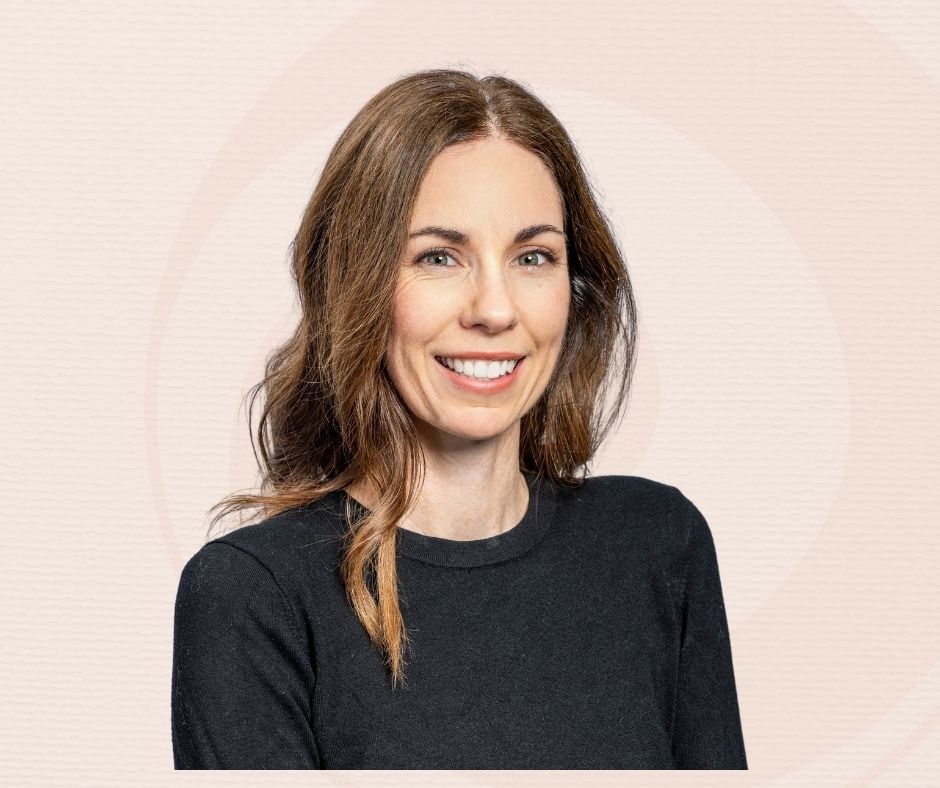Health Psychologist, Andy Leggat, recently joined Endometriosis New Zealand as a Clinical Advisory Committee (CAC) member. Andy – who has a special interest in women’s health, gynaecological pain conditions, oncology and reproductive health – has 15 years of experience in clinical practice. She is a big promoter of a bio-psycho-social approach to healthcare and ensuring everybody has access to psychological support. In her current work as Psychology Director at Fertility Associates, Andy provides therapeutic support primarily to patients undergoing assisted reproductive procedures and those managing gynaecological conditions. It is clear that Andy is so passionate and will make a huge impact in her role as a CAC member.
To help you get to know Andy a little better, we asked her some questions about her role on the committee and her thoughts on healthcare for those with endometriosis in Aotearoa NZ. Read our Q&A session with her below!
What inspired you to join the ENZ Clinical Advisory Committee (CAC)?
I’m really looking forward to being a part of the CAC. As a health psychologist, I’m a strong advocate for the integration of psychological care within medical treatment pathways. A big part of this means bringing awareness to the emotional and psychological challenges faced by those living with this condition. My patients are a strong motivator for me and hearing the voices, challenging personal accounts and impacts on quality of life have inspired me to want to work in this space.
What impact do you hope to make in your role with the committee?
In joining the CAC I hope to make a meaningful impact by championing the integration of psychological care into endometriosis management in Aotearoa. I would like to contribute a psychological voice within this wider group and provide evidence based resources that focus on improving mental health outcomes for those living with endometriosis. I’m truly honoured to work alongside the other committee members who are driving change, advocating for patients, and fostering a holistic and bio-psycho-social approach to endometriosis care.
What steps can health bodies/systems take to improve care for those living with endometriosis?
I believe that health systems in Aotearoa can improve care by developing a dedicated national endometriosis action plan which focuses on improving health and wellbeing outcomes. This includes improving awareness, providing easily accessed multidisciplinary services, ensuring equitable access to care, no matter where you live in Aotearoa, and most certainly integrating psychological care into patient treatment plans.
What do you think the future looks like for endometriosis patients in New Zealand?
While there are many areas for growth, it’s humbling to work alongside so many professionals with an inspired and shared goal of improving outcomes for people living with endometriosis. I’m hopeful that this collaborative approach will lead to important changes in the future. The growing recognition of endometriosis as a significant health concern is vital for future change and with collaboration between healthcare providers, policymakers, and patient advocates, I think New Zealand can see significant improvements in endometriosis care which is accessible, effective, and takes a whole person approach to care.



